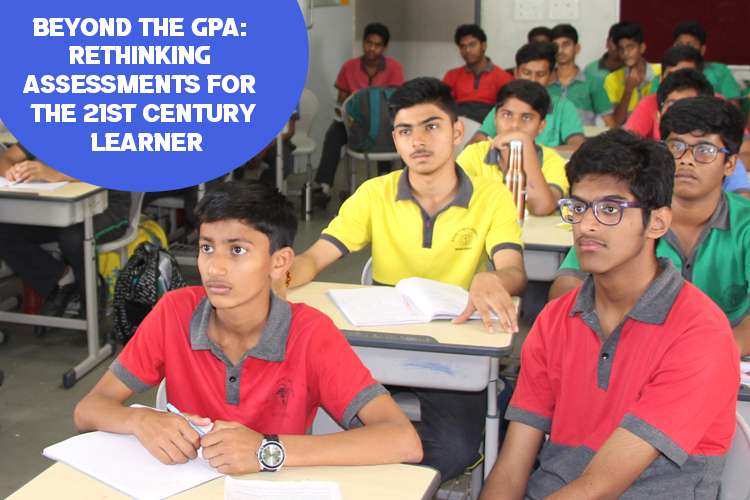As we look toward the future, it’s clear that we need to redefine how we assess student learning. The traditional GPA system, while useful in its own right, can only provide a limited view of a student’s abilities and potential. To prepare our students for success in the 21st century, we need to rethink our approach to assessments and explore new and innovative ways to measure learning.
1. Innovation in Evaluation:
One approach that’s gaining popularity is the use of project-based assessments. Unlike traditional assessments, which focus on memorization and recall, project-based assessments provide students with real-world problems to solve, and allow them to demonstrate their understanding and creativity through the development of projects and presentations.
2. Personalized Learning:
Another approach is the use of competency-based assessments, which are designed to measure a student’s mastery of specific skills and knowledge. This approach allows students to progress at their own pace, focusing on the areas where they need the most support and guidance.
3. Continuous Feedback:
In addition to these new approaches to assessments, it’s also important to focus on formative assessments, which provide ongoing feedback and support to students throughout the learning process. These types of assessments can take many forms, from quizzes and writing assignments to class discussions and group projects, and are designed to help students identify areas where they need to improve and make adjustments accordingly.
4. Educational Transformation:
Implementing these new approaches to assessments will require a significant shift in the way we think about learning and teaching. We’ll need to provide teachers with the training and resources they need to design and implement effective project-based and competency-based assessments, and we’ll need to ensure that students have the support and guidance they need to succeed in these new types of assessments.
However, the benefits of redefining assessments for the 21st century learner are clear. By providing students with more relevant and meaningful ways to demonstrate their knowledge and skills, we can help to create a more engaged and motivated student body, better prepared for success in the rapidly changing world of the 21st century. So let’s embrace the future, and work towards creating a more innovative and inclusive learning environment for all.




